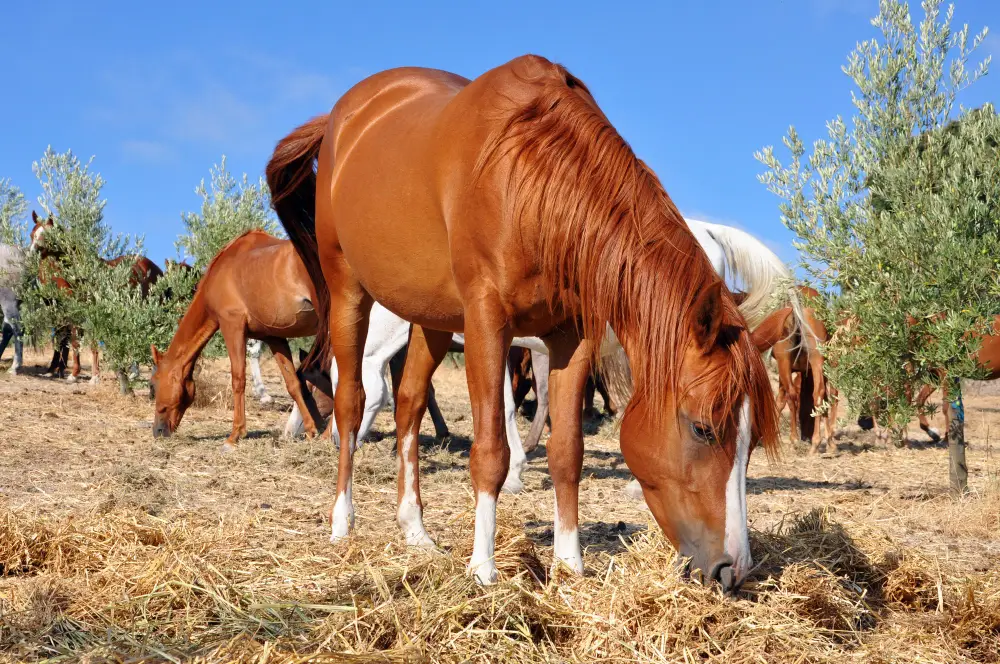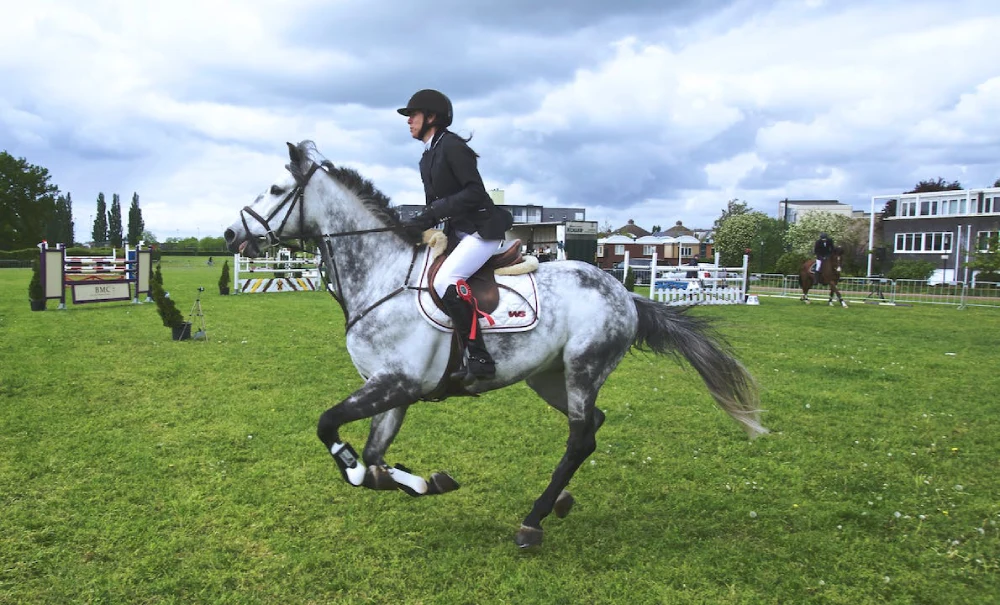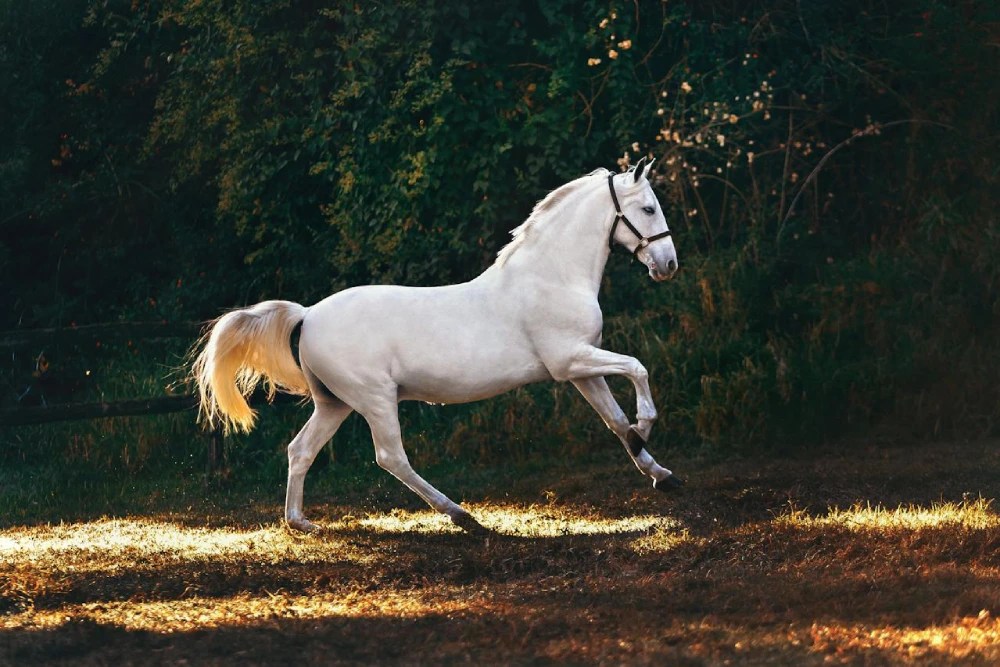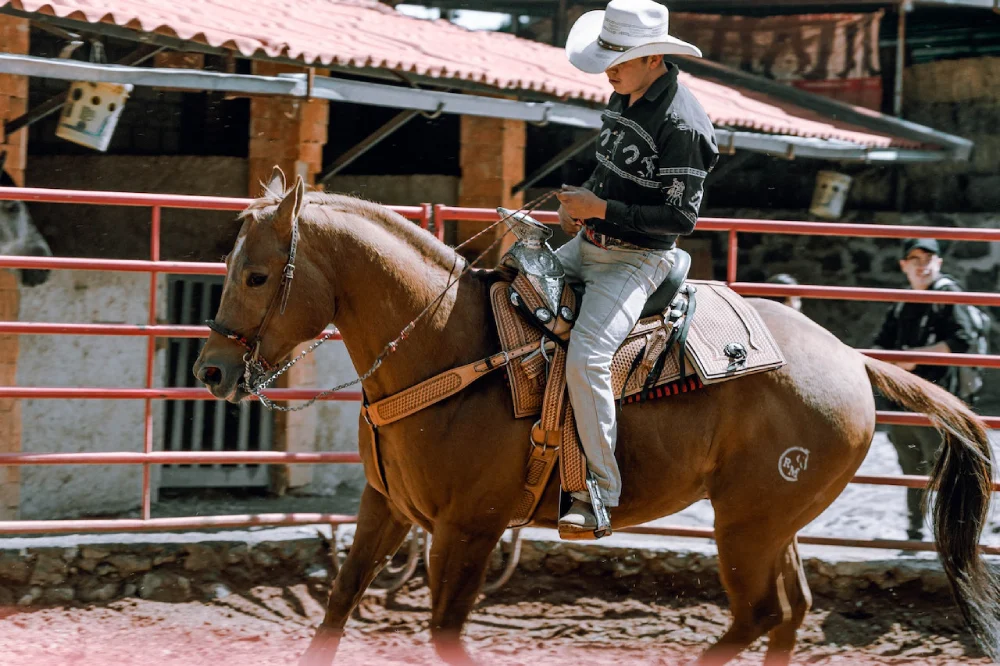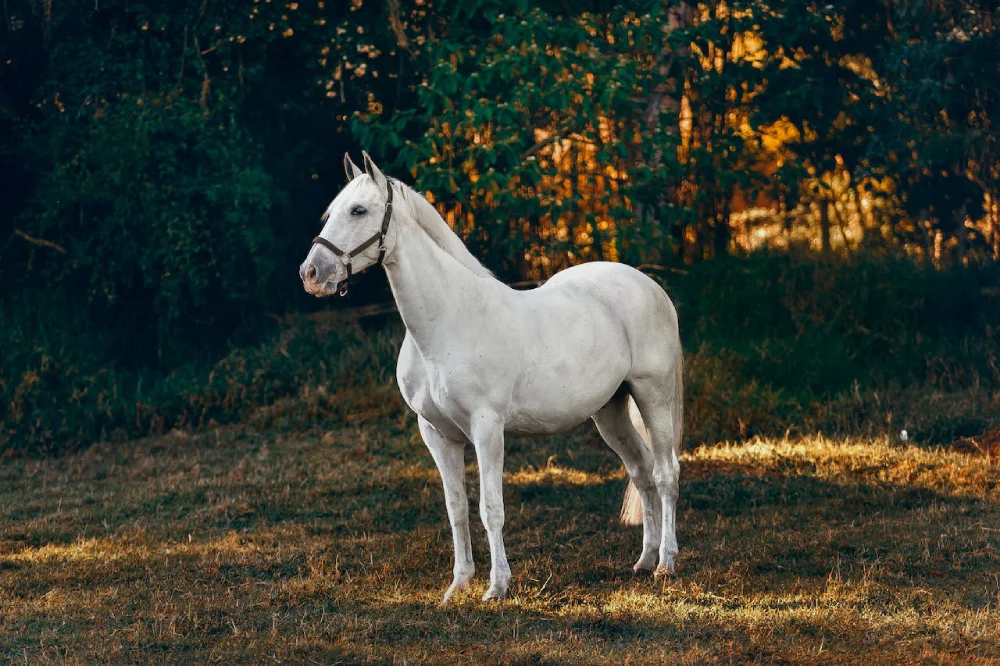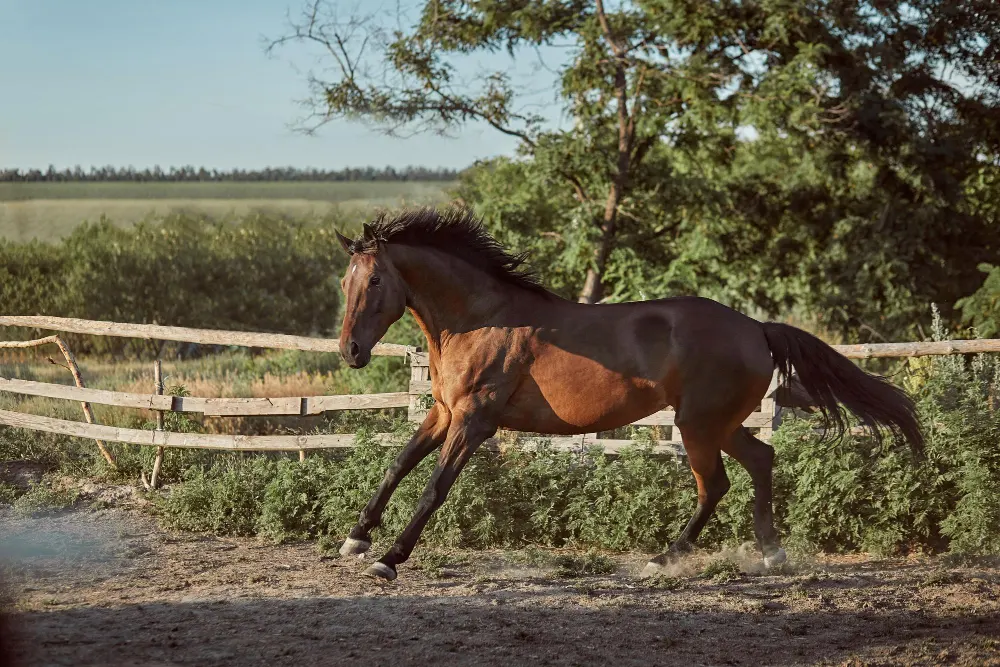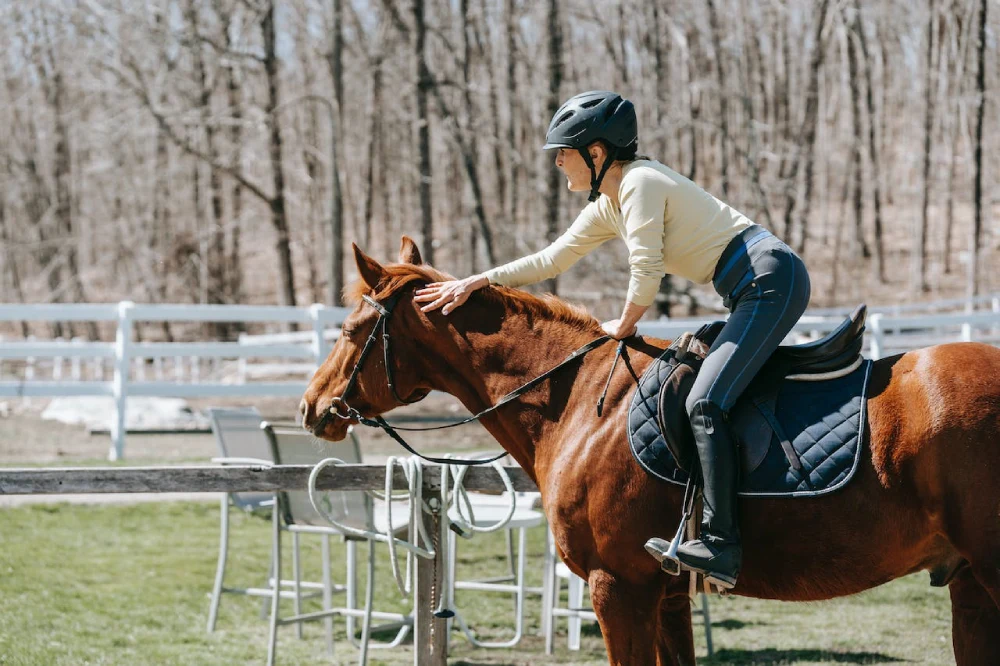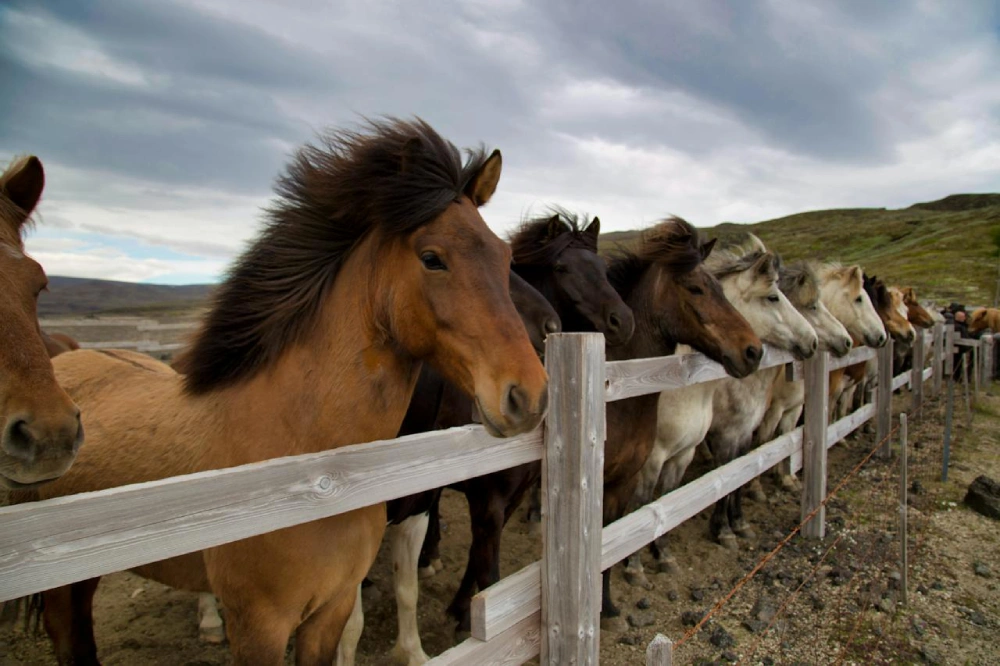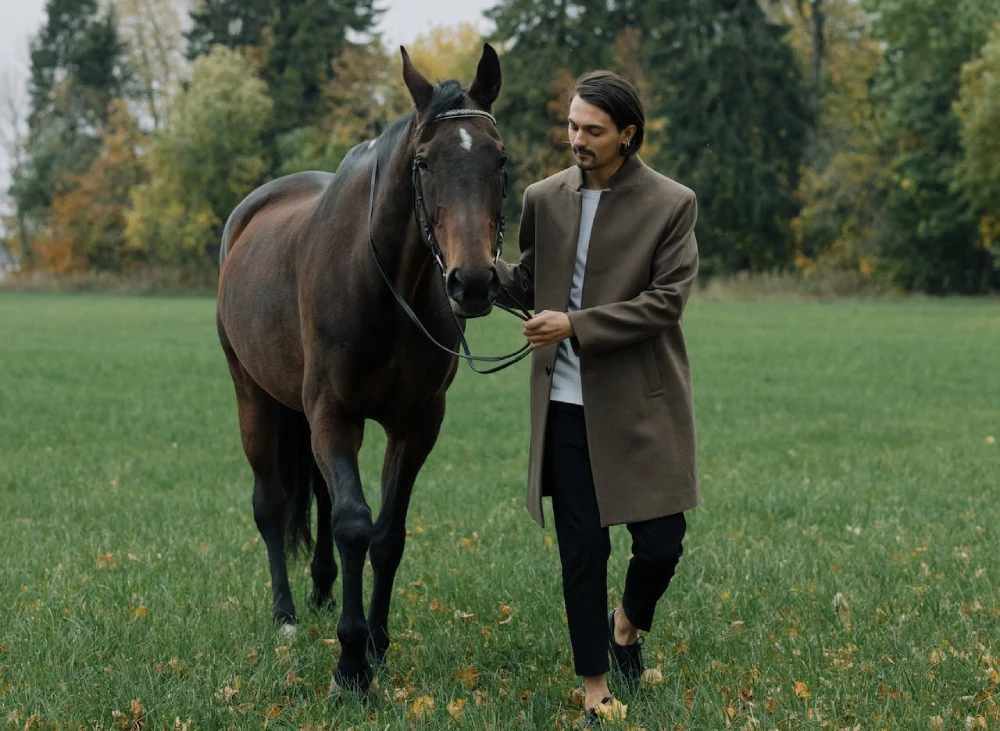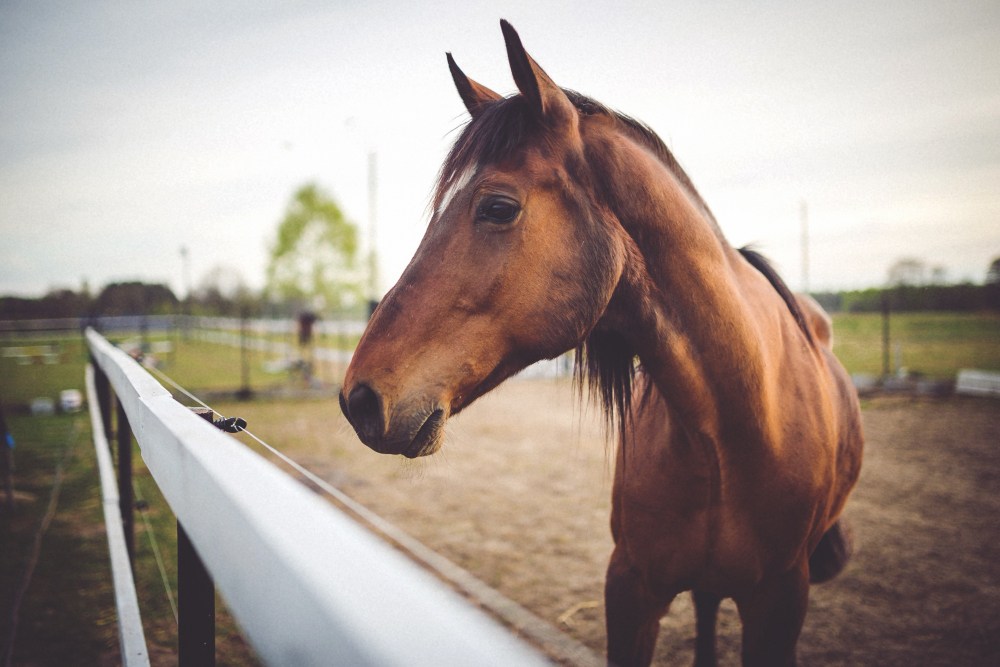It’s no secret that a horse is one of the most expensive pets and hobbies that you could have. The cost of obtaining a horse alone can easily reach several thousand dollars or more, not to mention the tack, boarding, vet bills, and transportation on top of it. But have you ever considered how much they cost to feed? Horses are on average, at least a thousand pound animals with a massive appetite. Contrary to popular belief, eating grass is not enough to keep a horse healthy and sustained, their diets are actually rather complex.
What Do Horses Eat?
People often think that since horses are vegetarians, they must not cost that much in the food department. I mean, grass is everywhere and it’s free, right? Well, not exactly.
First of all, grass is not enough to meet most horse’s nutritional needs. Secondly, horses eat an average of 2% of their body weight every day, which equates to around 2.7 tons of food, every year. Basically, that’s quite a lot of grass, and not at all taking into account the changing seasons or any natural interferences that commonly occur with grass.
While most horses do graze on grass some, they are often also supplemented with hay. There is a variety of hay to choose from, but the most common hay fed to horses is a mixture of grass and legumes for optimal nutrition. Hay is great for low calorie nutrition and fiber, but should always be fed in moderation.
Most horses, especially those that are working often, also receive grain most days, if not every day. This is typically reserved for adult horses and is most commonly used in the winter since horses expel so much energy keeping themselves warm. Nonetheless, if you have a horse that burns a lot of calories each day, hay may not be enough and they will require grains on top of it to keep them healthy.
So, all encompassing, most horses eat a diet of green grass, hay, and grain. If they’re especially lucky, they may also receive the occasional treat like carrots, peppermints, or traditional horse treats found in most feed stores.
How Do I Choose a Horse’s Diet?
This is highly dependent on a variety of factors, including but not limited to age, activity level, breed, weight, season, and much more. You don’t want to give an elderly horse that enjoys their retirement by grazing in the pasture all day the same diet you feed your current barrel racing horse who gets multiple hours of rigorous exercise most days.
Horses are quite susceptible to weight changes, both in weighing too much and weighing too little, it can be difficult to keep them just right but is also vital for their health.
Your best bet is to always consult a veterinarian for the best advice on what and how much to feed your horse. Just like with humans, a horse’s diet is incredibly important to their overall health and well-being, and each one will be different from the next. With that said, there’s nothing wrong with leaning into your horse’s preferences so long as it’s safe and good for them. If your horse seems to prefer one type of grain over the other but they’re relatively the same, you don’t need to worry too much about which one is the right choice.
Just like with most animals, the bigger the horse, the more they will eat. A pony won’t eat as much as a draft horse, but you may be surprised just how much that little pony still costs to feed.
Should my Horse Take Supplements?
This is another aspect that is important to discuss with your veterinarian. There are numerous supplements out there for horses, and it can be hard to not only choose which ones to use but if they need them to begin with. Some horses are required to be on supplements for health reasons, while others take supplements generally for prevention and better health. This is entirely between you and your veterinarian.
With that said, some common supplements include alfalfa for horses such as lactating mothers, their foals if not enough milk is being produced, or even to help a horse get its weight up if necessary. Many horses take a general equine supplement, similar to a multivitamin for humans. There are also horses, especially the more competitively athletic types, that take joint supplements to prevent injury and keep them healthy. Any of these will add a hefty price to the food bill in order to feed your horse properly.
How Much Does Feeding a Horse Cost?
All of this brings us to the ultimate question: just how much does it cost to feed a horse? This is such a personal question, as every horse will be different, but here’s a general breakdown of what it costs to feed a horse.
Assuming your horse requires no supplements and simply relies on grass, hay, and grain throughout the year, you can expect to pay $1,500-$2,000 or so annually to feed your horse. This is assuming that your horse remains perfectly healthy and maintains a healthy weight. As many horse owners know, a horse’s health can change rapidly, so it’s best to have a little extra cash set aside for your horse’s food just in case.
However, let’s say you have a horse in need of Alfalfa supplementation. Alfalfa is, on average, a fair bit more expensive than regular hay. A typical hay bale can cost you anywhere between $3-$15 based on a variety of factors. However, it’s not rare to see a bale of Alfalfa costing upwards of $20 or more. Depending on how much your horse eats and how long they need to have it, this can run you hundreds of more dollars each year.
As for other horse supplements, you could be looking at $10 to well over $150 for a single bottle depending on what they need. Long story short, feeding a horse is not cheap, but having a healthy horse is well worth it.
